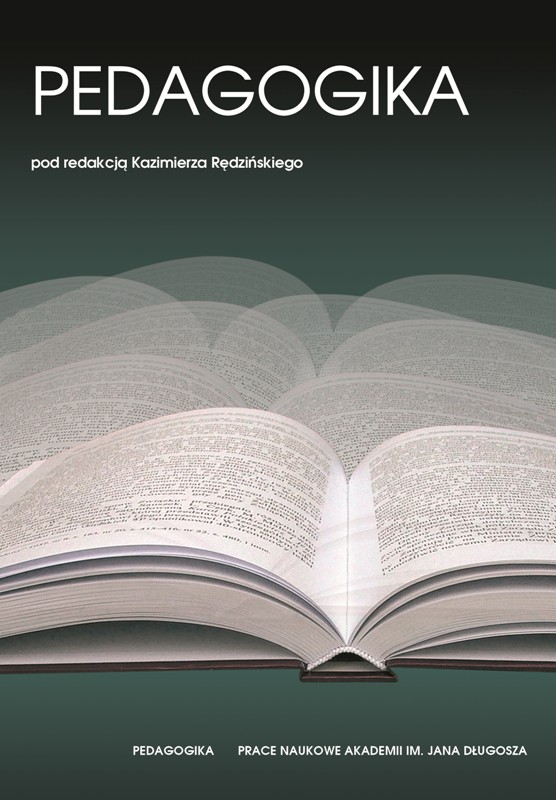Wartości wychowawcze polskiej spółdzielczości okresu międzywojennego (1918–1939) i ich aktualność we współczesnym społeczeństwie obywatelskim
Educational values of the Polish cooperative movement in the interwar period and their topicality in the contemporary civil society
Author(s): Elżbieta MagieraSubject(s): Education, Ethics / Practical Philosophy, Interwar Period (1920 - 1939), Socio-Economic Research
Published by: Uniwersytet Jana Długosza w Częstochowie
Summary/Abstract: The article contains the analysis of the notion of civil society and presents the principles of the cooperation movement in interwar Poland, trends in the Polish cooperative thought at the turn of the nineteenth century and in the Second Polish Republic, socio-moral values of the interwar cooperation and the significance of the cooperation in the civil education. Theory and practice of the Polish cooperative movement in the interwar period tried to emphasise socio-educational and cultural significance of the cooperation as well as explain the essence and all the aspects of the cooperation. The educational importance of the cooperation, based on the interaction, awaking the social awareness and self-government, which was realized in cooperative institutions, was specially emphasized and meant to lead to the rise of a new type of human and a good citizen. Principles that were the base of the activities of the cooperatives led to the formation of a civic attitude. Cooperation as the antithesis of egoism developed the ideal of altruistic ethics. The voluntariness and awareness were the factors reinforcing the will and the social energy of an individual. Practice of cooperation consolidated the sense of responsibility which was one of the components of a strong character and the civil society. In this way cooperation introduced new morality, educated new people and generated new features of character as well as became the school of the social life and contributed to the formation of a new better society. Human from a passive object of the social economy became an active subject learning to live and work responsibly, trying to create the civil society. Participation in a cooperative, fulfilling duties resulting from membership in a association and undertaking the rank-and-file initiatives became a place of preparation of people for active participation in the socio-economic and political life of the country.
Journal: Pedagogika. Studia i Rozprawy
- Issue Year: 2012
- Issue No: 21
- Page Range: 355-373
- Page Count: 19
- Language: Polish

